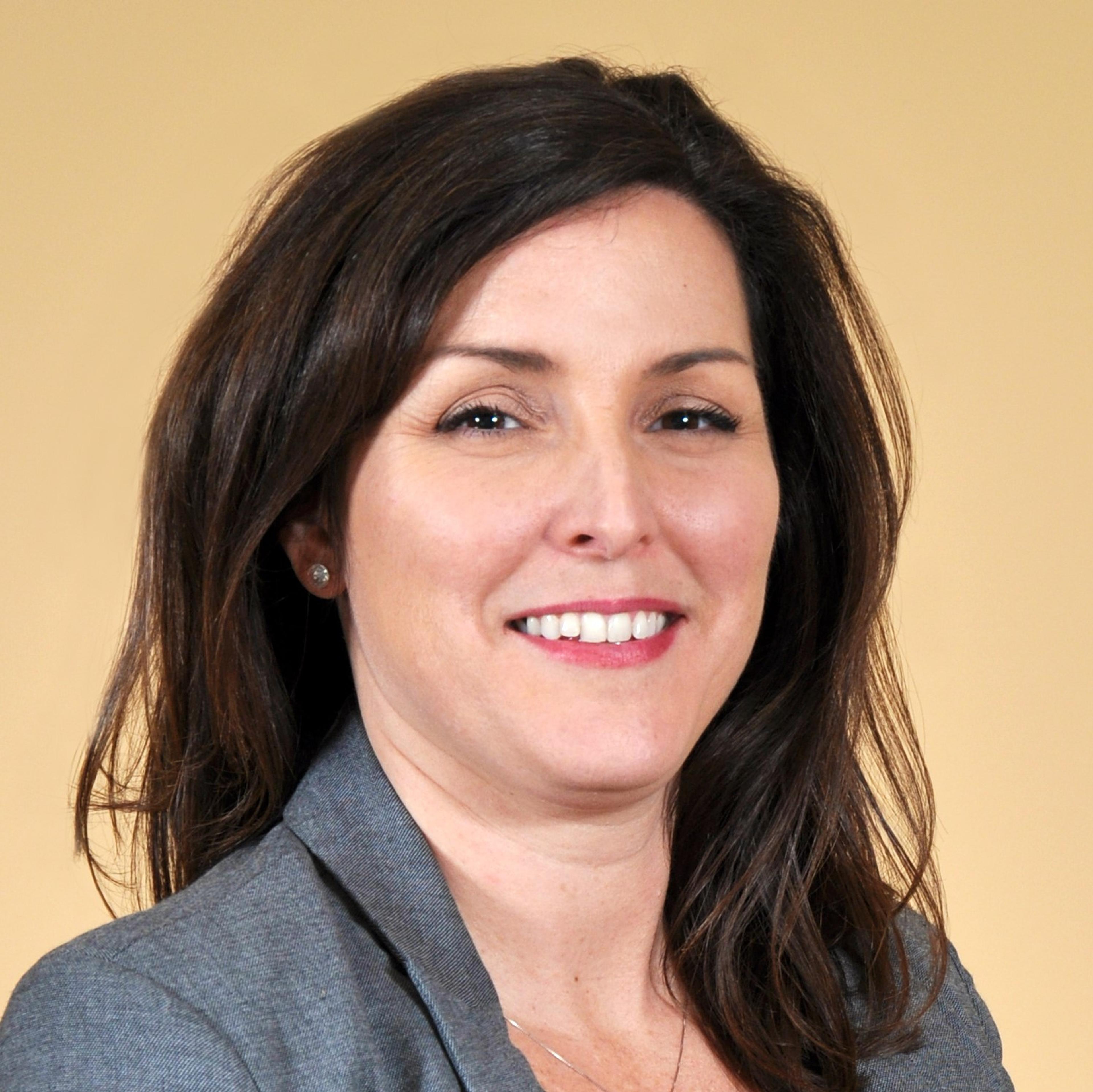Back to School Mental Health Checkups

Dr. Amy Milewski, M.D.
| 4 min read
Dr. Amy Milewski, M.D., is vice president of clinical partnerships and associate chief medical officer at Blue Cross Blue Shield of Michigan. She is a board-certified family medicine physician. She serves on the State of Michigan Certificate of Need Commission. She graduated from Northeast Ohio Medical University and completed her residency at St. John Providence Health System in Southfield, Michigan. In 2017, she completed her MBA with a focus in medical management at the University of Massachusetts Amherst.

Children and teens have undergone considerable change and turmoil during the past three years. While student mental health was an existing concern, the pandemic exacerbated the problem and youth mental health has worsened, according to experts.
Mental Health America (MHA) reported that 11.5% of youth (2.7 million) are experiencing severe major depression, while 16% of youth surveyed reported having at least one major depressive episode (MDE) in the past year.
As the 2023-2024 school year nears, now is a good time to check in with students mentally before class is back in session. This can mean having a conversation with the student, as well as a conversation with a health care provider. Mental health check-ins are just as important as annual physicals.
Signs to watch for
Often, children and teens may show signs of depression or anxiety before telling someone how they’re feeling. Here are some warning signs to watch for:
- Avoiding friends and social activities
- Changes in eating or sleeping habits
- Changes in school performance
- Excessive worry or anxiety
- Frequent disobedience or aggression
- Frequent nightmares
- Hyperactive behavior
- Complaints of headaches, upset stomach, fast heart rate
- Substance use
Conversation starters
Talking with tween and teenage children about their emotions and feelings can be a good way for parents and caregivers to offer a safe space. Mental health conversations can be difficult – especially if it’s a new practice in the home. Here are some conversation starters to help initiate the process:
- How was your day? What’s your opinion of what happened today? How do you think you would have felt if things went differently today?
- I’ve noticed you’ve been acting differently. Can we talk about it?
- Sometimes I’m depressed or anxious. Do you ever feel the same? Do you want to talk to me about it?
- What’s the hardest thing about being you right now?
During these conversations, refrain from criticizing or offering too much advice unless they ask for it. Be empathetic, validate their feelings and assure them that they are not alone.
Questions to ask the doctor
Primary care providers (PCPs) – including pediatricians and family doctors – are a great sounding board for mental health concerns. If a parent or caregiver has concerns about a child’s behavior, PCPs can answer basic questions, prescribe medication or provide a referral to a specialist. The U.S. Preventive Services Task Force recommends screening for major depressive disorder in adolescents aged 12 to 18 years.
This means PCPs may initiate conversations about mental health with youth during an annual physical. If they don’t, here are some questions for parents and caregivers to ask the doctor about a youth’s mental health:
- Does my child need medication or professional mental health treatment?
- If my child needs treatment, what is my role? What should I avoid doing?
- What information should I share with my child’s school or teachers?
- What should I do in a crisis?
- What should I watch for as a parent?
- Will I be notified if my child needs medication?
In some cases, youth may feel more comfortable discussing their questions without their parents in the room. Ask the doctor about confidentiality to ensure all parties are on the same page.
Where to find help
If parents or caregivers suspect a child needs help, talking to a primary care physician is a good first step. They can evaluate the child to determine if any physical issues could be contributing to poor mental health or recommend further treatment from a mental health provider.
Talking to the student’s school can also connect a child with professional help. Public schools are required by law to provide mental health care to students if their mental health is interfering with their academic or social life. Parents and guardians have the right to request an evaluation of their child and potentially develop an Individualized Education Plan.
If there’s any immediate concern about suicide, seek help by calling emergency services or the National Suicide Prevention Lifeline at 988 or 1-800-273-TALK (1-800-273-8255).
Amy McKenzie, M.D., is vice president, clinical partnerships, and associate chief medical officer at Blue Cross Blue Shield of Michigan. For more health tips and information, visit AHealthierMichigan.org.
Photo credit: Getty Images
Related content:





